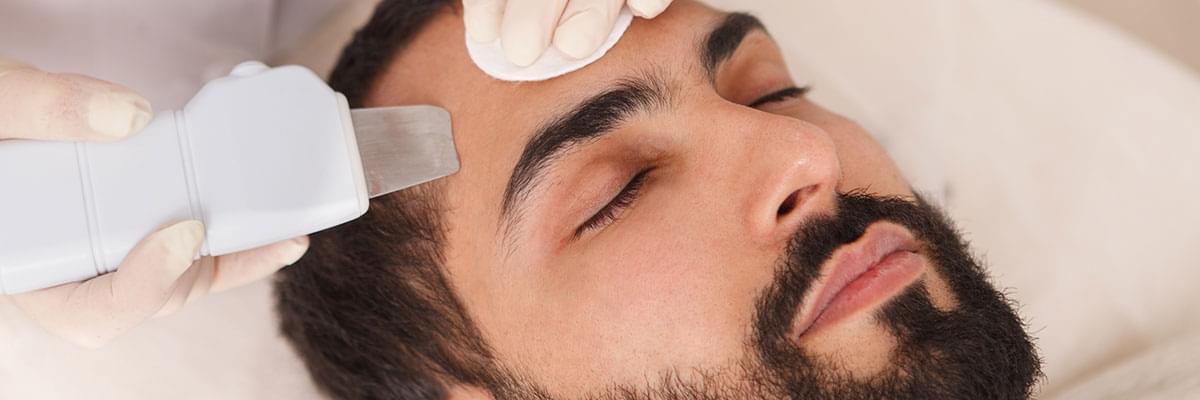
What can we do for you?
The skincare industry has traditionally focused on women, but more men are now paying attention to how their skin looks and feels. This shift raises an important question, do men actually need different skin treatments than women? The answer is yes and no. While the fundamentals of good skincare apply to everyone, there are biological and lifestyle differences between men and women that mean some treatments should be tailored.Men's skin is typically thicker, oilier, and more prone to certain issues like enlarged pores, ingrown hairs, or razor burn. Testosterone plays a major role in how male skin functions, contributing to increased sebum production and a denser collagen structure. This means men may age more slowly in terms of deep wrinkles, but they are also more likely to experience acne or shiny skin, especially in their younger years.
How male and female skin differs
The main difference lies in structure and hormone levels. Men's skin is around 20 to 25 percent thicker than women’s, which can make it more resilient but also harder for certain products to penetrate. It also tends to be rougher in texture. Sebaceous (oil) glands are more active in men, so oily skin and blackheads are common concerns.
Women, on the other hand, often deal with hormonal shifts that can lead to dryness, pigmentation, or fine lines, particularly around menopause. Female skin is generally more delicate and may show signs of ageing earlier. Treatments for women often focus on hydration, anti-aging, and brightening, while men may need more deep-cleansing, exfoliating, and oil-control treatments.
Daily skincare routines for men
Men’s skincare routines are often more basic, but that doesn’t mean they should be neglected. Cleansing twice daily with a product that targets excess oil is essential. Exfoliating a couple of times a week helps reduce clogged pores and ingrown hairs, especially for those who shave regularly. Using a light moisturiser and sunscreen every day can make a huge difference in long-term skin health.
If shaving is part of a man’s daily routine, aftercare is important. Razor burn and inflammation can be soothed with calming ingredients like aloe vera or chamomile. Exfoliation also helps prevent ingrown hairs. These are not issues that women typically experience in the same way, which is another reason why men can benefit from products designed specifically for their needs.
Professional treatments for male skin
When it comes to professional treatments, many can be adapted to suit male or female skin. Facials, peels, and laser treatments are all effective for both, but the focus may differ. A man’s facial might target deep pore cleansing or acne, while a woman’s might focus more on hydration and glow.
Microneedling, LED therapy, and chemical peels are becoming more popular among men, especially those concerned about acne scars or early signs of ageing. A good aesthetic practitioner will take into account skin thickness, oil production, and lifestyle when recommending a treatment plan.
Do men and women need separate products
While some products are marketed specifically for men or women, the real difference lies in formulation rather than gendered packaging. Men may prefer gels or lightweight creams, especially for oily skin. Women may benefit more from richer moisturisers or products targeting hormonal concerns. It’s more about what your skin needs than who you are.
The key is to understand your skin type and choose treatments that match. A well-designed skincare routine or professional treatment plan should address issues like dryness, sensitivity, oiliness, ageing, or pigmentation regardless of gender, but the approach may vary depending on skin structure and behaviour.
Conclusion
Yes, men and women can use some of the same treatments, but skin differences mean a one-size-fits-all approach isn’t ideal. Men’s skin needs tend to centre around oil control, exfoliation, and post-shaving care, while women often focus more on hydration and anti-ageing. Recognising these differences allows for better, more effective skincare for everyone.
Tailored skincare is not about separating men from women, it’s about making sure each person’s unique skin gets the care it truly needs.
Back to Articles






















